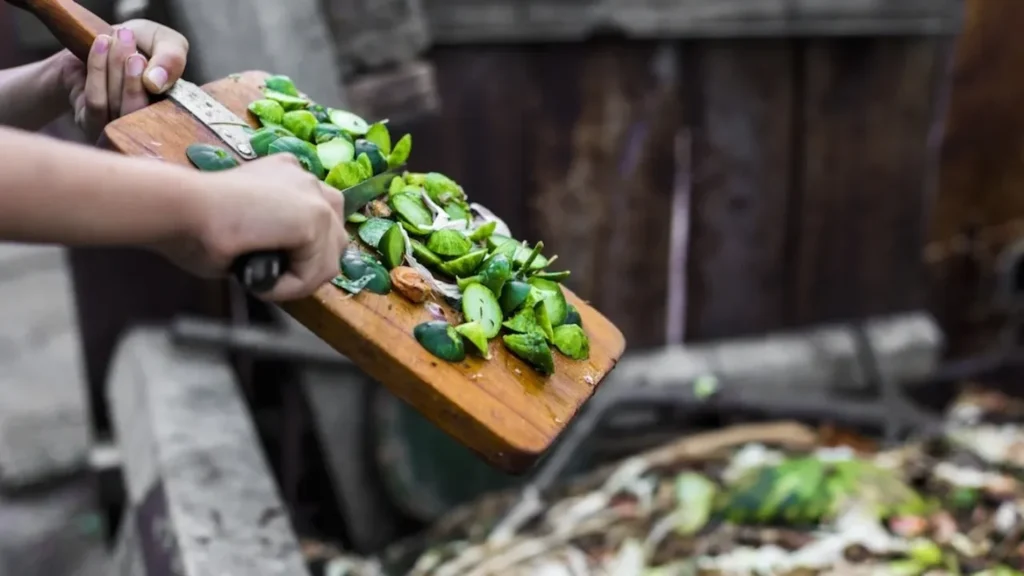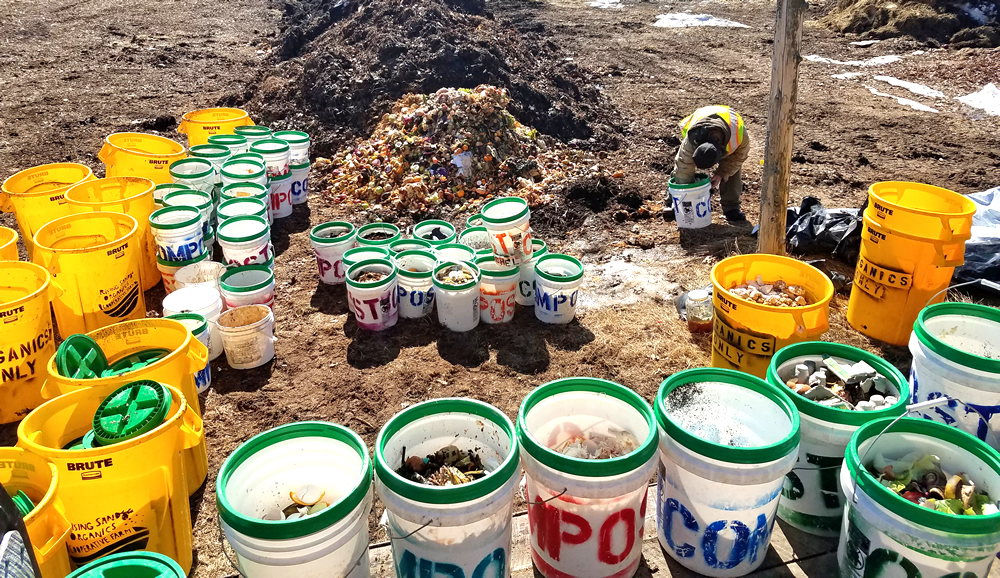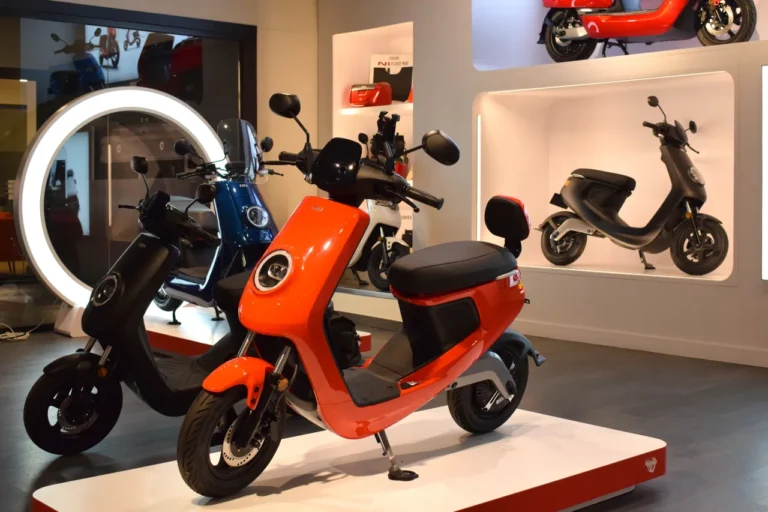Composting business
Introduction:
The aim of this business plan is to outline the opportunity for a composting business in Africa. Composting is the process of turning organic waste into nutrient-rich soil that can be used to grow healthy plants. This business has the potential to not only create a profitable enterprise but also to make a positive impact on the environment by reducing waste and promoting sustainable agriculture. In this plan, we will outline the market opportunity, operational details, and financial projections for a composting business in Africa.

Market Opportunity
Africa is home to more than 1.2 billion people, and the population is growing rapidly. With this growth comes an increase in waste generation, including organic waste from households, agriculture, and food processing. Unfortunately, most of this waste ends up in landfills, contributing to environmental pollution and greenhouse gas emissions.
Composting offers a sustainable solution to this problem. The resulting compost can be sold as a valuable soil amendment, while also reducing the amount of waste sent to landfills. This presents a significant market opportunity for a composting business in Africa.
Operational Details:
To start a composting business, you will need to secure a suitable location for composting, such as a plot of land with sufficient space and access to organic waste sources. You will also need to invest in the necessary equipment, such as shredders, mixers, and composting bins.
Once you have established your composting site, you can begin collecting organic waste from households, farms, and food processing facilities. This waste can be processed into compost through a series of steps, including shredding, mixing, and aerating.
The resulting compost can be sold to farmers, landscapers, and gardeners as a high-quality soil amendment. You can also explore additional revenue streams, such as offering composting services to households and businesses, selling composting equipment, or developing value-added products, such as compost tea or organic fertilizers.
Financial Projections:
The financial projections for a composting business in Africa will depend on a range of factors, such as the size of the operation, the cost of equipment and materials, and the demand for compost in the local market. Here is an example of a financial projection for a medium-sized composting business:
Year 1:
- Revenue: $50,000
- Cost of Goods Sold: $25,000
- Gross Profit: $25,000
- Operating Expenses: $15,000
- Net Profit: $10,000
Year 2:
- Revenue: $75,000
- Cost of Goods Sold: $35,000
- Gross Profit: $40,000
- Operating Expenses: $20,000
- Net Profit: $20,000
Year 3:
- Revenue: $100,000
- Cost of Goods Sold: $45,000
- Gross Profit: $55,000
- Operating Expenses: $25,000
- Net Profit: $30,000
Innovative Ideas:
To differentiate your composting business and create a competitive advantage, you can consider incorporating innovative ideas such as:
- Using renewable energy sources: You can use renewable energy sources such as solar or wind power to run your composting operations, reducing your environmental footprint and energy costs.
- Implementing a circular economy approach: By partnering with local farmers or landscapers, you can collect organic waste from their operations and return the finished compost back to them, creating a closed-loop system.
- Developing value-added products: In addition to selling compost, you can explore the development of value-added products such as organic fertilizers, compost tea, or even upcycled products made from compostable materials.
Conclusion:
A composting business in Africa presents a significant market opportunity to create a profitable enterprise while also making a positive impact on







